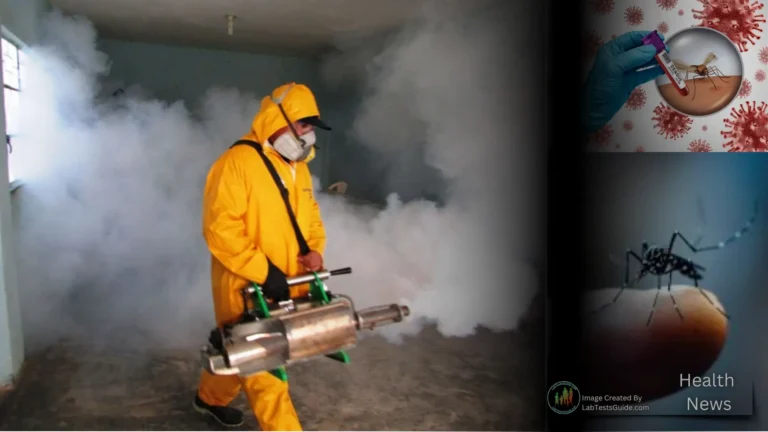A new meta-analysis adds to growing evidence that human papillomavirus (HPV), a common sexually transmitted infection known for causing cancers and genital warts, may also significantly increase the risk of cardiovascular disease (CVD). The findings, led by researchers at the University of Connecticut (UConn), will be presented at the American College of Cardiology’s (ACC)1 Annual Scientific Session in Chicago on March 31.

Study Overview
The review analyzed2 seven studies conducted between 2011 and 2024, encompassing 249,366 patients with follow-up periods ranging from 3 to 17 years. Most studies were retrospective and longitudinal cohort analyses, with three from the United States, three from South Korea, and one each from Brazil and Australia.
The research team assessed the association between HPV infection and cardiovascular outcomes, including CVD, coronary artery disease (CAD), and hypertension. Some analyses adjusted for confounding factors such as smoking, diabetes, and other lifestyle and medical history variables.
Key Findings
- Compared to HPV-negative individuals, those with HPV had a 40% higher risk of cardiovascular disease and twice the risk of coronary artery disease.
- No significant link was found between HPV and high blood pressure.
- After adjusting for sociodemographic, medical, and lifestyle factors, HPV-positive individuals still had a 33% increased CVD risk.
Possible Mechanisms and Implications
The exact biological pathway remains unclear, but researchers hypothesize that chronic inflammation triggered by HPV infection may contribute to cardiovascular damage.
“We always discuss traditional CVD risk factors like smoking and hypertension, but about 20% of cardiovascular cases can’t be explained by these factors,” said lead author Dr. Stephen Akinfenwa3 of UConn. “Our findings suggest HPV could be an underrecognized contributor.”
The study raises questions about whether HPV vaccination—already recommended by the CDC for all children—could help reduce cardiovascular risks. Many adults remain unvaccinated since the vaccine was only introduced in 2006.
Next Steps
Further research is needed to confirm causality and explore whether HPV vaccination or antiviral treatments could mitigate CVD risk. For now, Akinfenwa advises clinicians to monitor HPV-positive patients more closely for heart disease.
As evidence mounts, HPV may join the list of infections, like influenza and COVID-19, that are increasingly linked to cardiovascular complications.
- Colorectal Cancer and HPV Pose Increased CV Risk – American College of Cardiology – (Accessed on March 27, 2025) ↩︎
- Biannual azithromycin mass drug administration for reduction of childhood mortality: a systematic review and meta-analysis – Journal of Antimicrobial Chemotherapy | Oxford Academic – (Accessed on March 27, 2025) ↩︎
- Stephen Akinfenwa, M.D. – UConn Health – University of Connecticut USA– (Accessed on March 27, 2025) ↩︎
References:
- Meta-analysis adds to emerging evidence tying HPV to cardiovascular disease – EurekAlert! – (Accessed on March 27, 2025)
- Meta-analysis adds to emerging evidence tying HPV to cardiovascular disease – University of Minnesota – (Accessed on March 27, 2025)
- Unveiling HPV’s hidden link: Cardiovascular diseases and the viral intrigue – ScienceDirect – (Accessed on March 27, 2025)
- Growing Body of Evidence Links HPV with Heart Disease – American College of Cardiology – (Accessed on March 27, 2025)
Possible References Used







